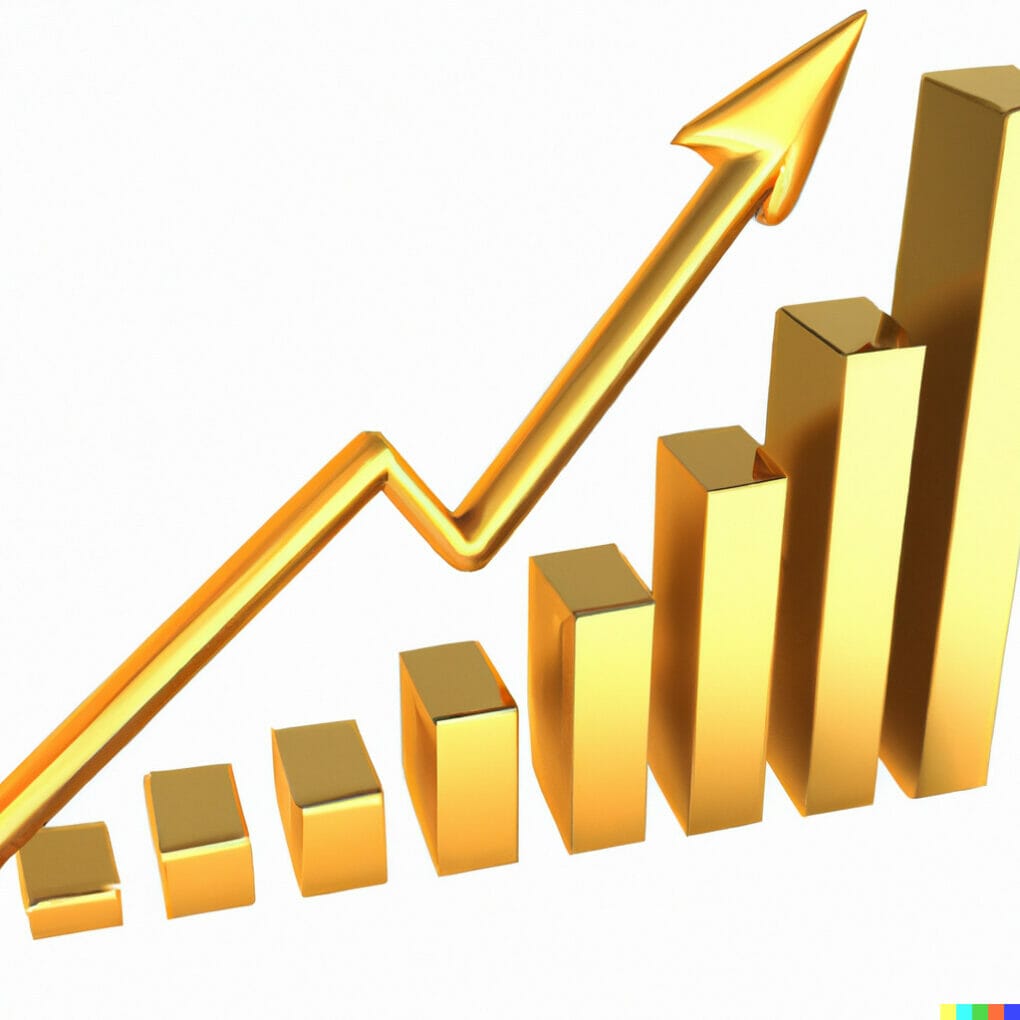How do you find the "Gold Price Canada"?
To find the current gold price Canada, you can use various reliable sources, both online and offline. Here are some common methods:
- Financial News Websites: Many financial news websites provide real-time updates on the current gold price in Canada. You can visit reputable websites like Bloomberg, CNBC, or Kitco to find the latest gold price data.
- Precious Metals Websites: Websites specifically dedicated to precious metals often display live gold prices. Kitco and Goldprice.org are popular websites that offer up-to-date gold prices in different currencies, including Canadian dollars (CAD).
- Search Engines: A quick online search with terms like "current gold price Canada" or "gold price in CAD" will yield several results showing the current market price of gold.
- Financial Apps: There are various mobile apps available for smartphones that provide real-time updates on gold prices. Apps like Gold Live! or Investing.com offer gold price tracking features.
- Local Jeweler or Bullion Dealer: You can also contact a local jeweler or bullion dealer in Canada to inquire about the current gold price. They usually have updated information on gold prices and may provide you with the latest rates.
Gold Price Canada via 401Gold includes payouts for all karats
Gold Price Canada via Kitco - see https://www.kitco.com/gold-price-today-canada/index.html
Gold Price Canada via GoldPrice.org - https://goldprice.org/gold-price-canada.html
Gold Price in Canada for Gold Bars
Gold Price in Canada for Gold Coins
Remember that gold prices fluctuate constantly due to market conditions, so it's essential to check reliable sources for the most up-to-date information. Additionally, keep in mind that the prices may vary slightly between different sources due to factors such as exchange rates and market premiums.
How is gold price Canada determined?
The price of gold is determined by a combination of various factors, including:
- Supply and Demand: Like any commodity, the fundamental principle of supply and demand plays a significant role in determining the price of gold. When the demand for gold exceeds the available supply, its price tends to rise, and vice versa.
- Global Economic Conditions: Economic conditions, such as inflation rates, interest rates, and overall economic stability, can impact the price of gold. During times of economic uncertainty or instability, investors often turn to gold as a safe-haven asset, driving up its demand and price.
- Central Bank Policies: Central banks' decisions regarding monetary policies and interest rates can influence the price of gold. For instance, if a central bank chooses to increase its gold reserves, it can boost demand and impact the price.
- Geopolitical Tensions: Political and geopolitical uncertainties, such as conflicts or trade disputes, can create an environment of uncertainty, prompting investors to seek refuge in gold, which can lead to price increases.
- Currency Fluctuations: Gold is traded internationally in US dollars, so fluctuations in currency exchange rates can influence its price in various countries.
- Market Speculation: Speculative trading in the financial markets can also affect gold prices. Investors and traders can buy or sell gold contracts, influencing short-term price movements.
- Jewelry and Industrial Demand: Gold is used in various industries, including jewelry, electronics, and medical equipment. Changes in demand from these sectors can impact the overall price of gold.
- Mining Production and Costs: The level of gold production and the costs associated with mining also influence gold prices. Higher production costs or decreased supply can lead to higher prices.
It's important to note that the gold market can be influenced by a combination of these factors, and the price can be subject to significant fluctuations over time. Investors and market participants closely monitor these factors to make informed decisions about buying, selling, or holding onto gold.
What is bid and ask for gold price Canada?
In the context of trading and financial markets, the terms "bid" and "ask" refer to the different prices at which participants are willing to buy or sell a particular asset, such as gold. These terms are commonly used in the gold market and other financial markets to indicate the current buying and selling prices.
- Bid Price: The bid price is the highest price that a buyer (or bidder) is willing to pay for a specific quantity of gold at a given moment. It represents the demand from buyers in the market. If you want to sell your gold, the bid price is the price you would receive if you were to sell it right away.
- Ask Price: The ask price, on the other hand, is the lowest price at which a seller is willing to sell a specific quantity of gold at the same moment. It represents the supply of gold available for sale in the market. If you are looking to buy gold, the ask price is the price you would need to pay to purchase it immediately.
The difference between the bid and ask prices for gold price Canada is known as the "bid-ask spread." It is essentially the cost of executing a trade and represents the profit for market makers or brokers facilitating the transaction. A narrower bid-ask spread usually indicates a more liquid market, whereas a wider spread may imply lower trading activity or less liquidity.
Understanding the bid and ask prices is essential for investors and traders as it allows them to assess market conditions, make informed decisions, and execute trades at the most favorable prices.
